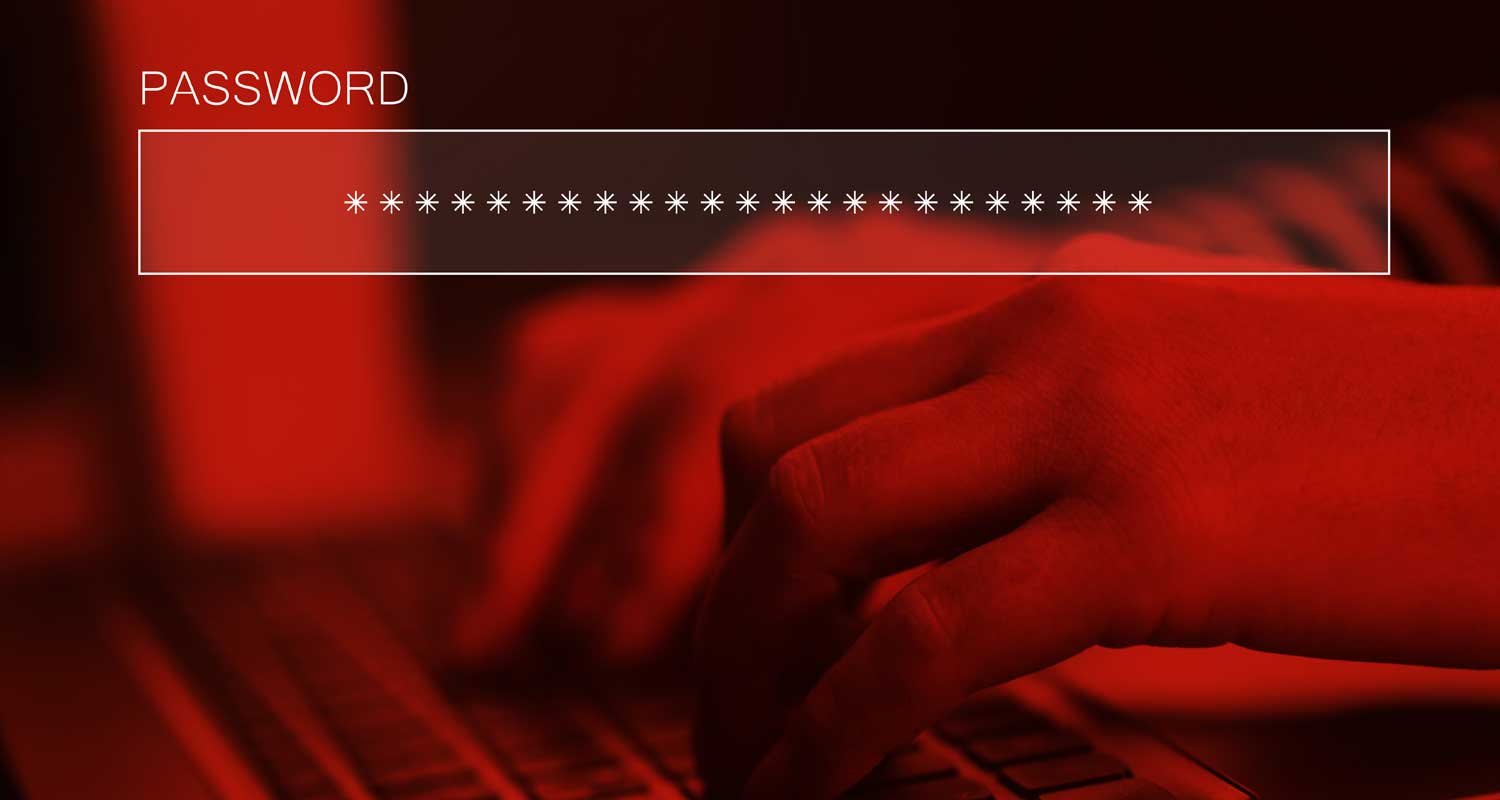 There is an alarming tendency for smaller organisations and those operating niche sectors to believe they are somewhat immune to cyber threats. This is a particularly dangerous view – for several reasons.
There is an alarming tendency for smaller organisations and those operating niche sectors to believe they are somewhat immune to cyber threats. This is a particularly dangerous view – for several reasons.
Larger organisations often have a more strategic focus on cybersecurity, as well as the massive budgets needed to have large security teams, and to implement all the tools and solutions they need to defend themselves.
In smaller companies, too often security is an afterthought, and threat actors know this. They might have antivirus and some basic security tools in place, but when it comes to being strategic about cybersecurity, they are severely lacking.
Smaller businesses erroneously believe they will not be targeted because they are neither well known, nor have anything significant of value. This is a dangerous assumption as we are noticing that SMEs are being targeted more often, and with greater frequency.
This is because bad actors understand that SMEs simply don’t have the same measures in place as their corporate counterparts, often lack the necessary skills, and do not know where to begin on a cybersecurity journey.
Many of these entities might have one or two staff looking after their IT investments, and while they are capable of managing infrastructure, and manning the IT support desk, they simply lack cybersecurity skills. The challenge then becomes how can they build a strategic security framework without any of the right skills or fundamentals in place, and how can they keep up with the tools in such a rapidly changing threat landscape.
We see this as a massive gap in the SME and midsize market, and when we talk to these customers, our aim is to help them understand that even though their business is small, they can still be vulnerable and have their systems locked, their data stolen or their systems used as a stepping stone to gain a foothold into one of their third-party partners.
‘Most at risk’
Something else we see in South Africa is that there are far more SMEs than large corporates. This is backed up by McKinsey, which claims that SMEs are the “lifeblood of South Africa’s economy, and also the most at risk”. According to the management consulting firm, SMEs represent a staggering 98%-plus of businesses in the country and employ between 50% and 60% of the workforce across all sectors.
Concurrently, SMEs are looking for ways to make their environments more operationally efficient from multiple points of view. And because the benefits of the cloud are well documented, SMEs are looking to the cloud to save costs, enhance agility and scalability, and streamline operations. However, alongside these benefits, the cloud widens their attack surface and gives cybercriminals further ways to exploit these businesses.
The bottom line is that they need to implement strong cybersecurity measures, particularly around their core businesses, and because they don’t have the in-house skills, they need to work with a partner who can take away a lot of the excess overhead and begin helping them drive a strategic security journey without having to cough up a fortune.
Already, we see complexity as a major concern for SMEs. When looking to protect their organisations, they tend to fall into the trap of buying whatever is being touted as the latest and greatest point solution, falsely believing that upping their investment in security means they are better protected.
SMEs tend to fall into the trap of buying whatever is being touted as the latest and greatest point solution
However, this is not the case, because more tools do not equal better security. In fact, the opposite might be true as the more solutions a company has, the less likely they are to interact well with each other, which results in an unmanageable level of complexity. Threat actors thrive when complexity in the infrastructure leads to confusion and inefficiency. There are also too many conversations with too many suppliers and too much going on, and no single view of their environment or a set process that needs to be followed.
Once we start having these conversations with SME customers, they start understanding that they do not have to invest heavily in the latest tools and solutions; they simply need to work with a business that can help them get the most out of the solutions they have and focus on the operational efficiency of cybersecurity.
When approaching a new SME customer, what is key is understanding what they have in place and where they need to get to. Once this discussion has happened, we can guide them on the next steps to take and help them to build a service offering that meets their unique requirements and works with their existing investments.
Fortunately, Arctic Wolf has a completely different mindset when it comes to cybersecurity. We have a highly open architecture that gives us the ability to take customers on board, use their current tools and build those into their security journey to enrich those solutions to get better value out of them.
Ultimately, it’s not only about trying to make our SME customers more operationally efficient but building efficiency into their existing cybersecurity.
About Arctic Wolf
Arctic Wolf is the market leader in security operations. Using the cloud-native Arctic Wolf Platform, we help companies end cyber risk by providing security operations as a concierge service. Highly trained Triage and Concierge Security experts work as an extension of internal teams to provide 24×7 monitoring, detection and response, ongoing risk management and security awareness training to give organisations the protection, resilience and guidance they need to defend against cyber threats.
- The author, Jason Oehley, is regional sales manager for Arctic Wolf South Africa
- This promoted content was paid for by the party concerned




